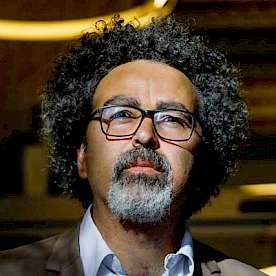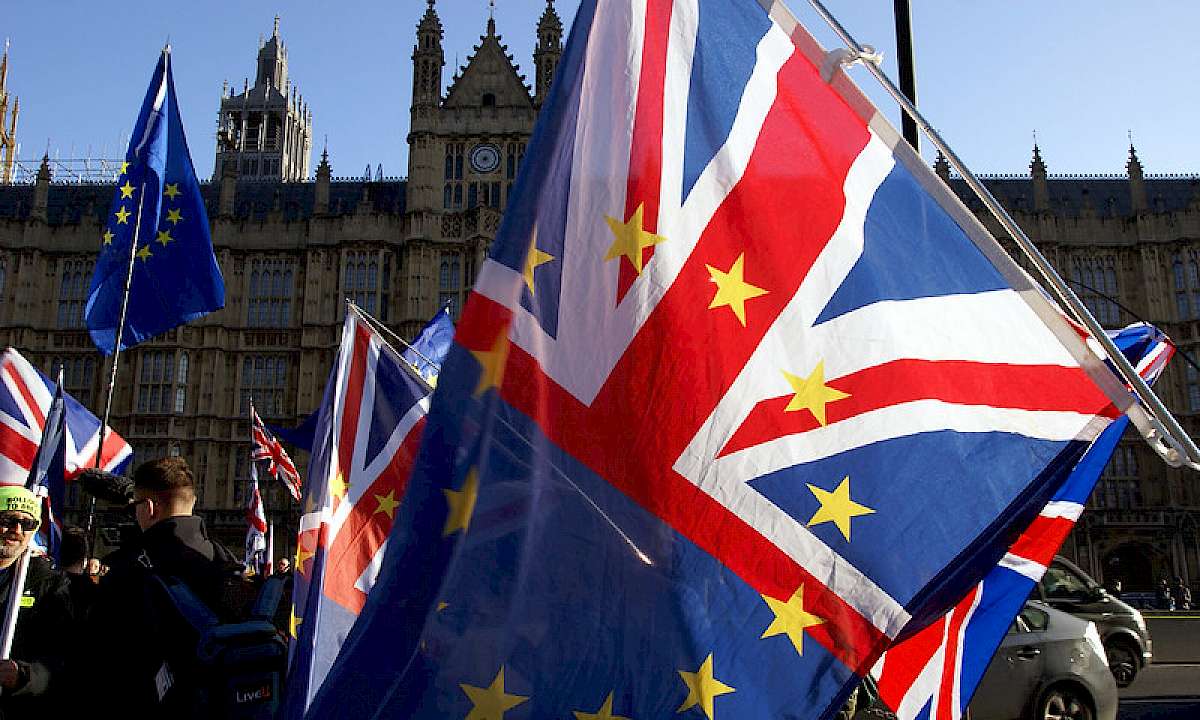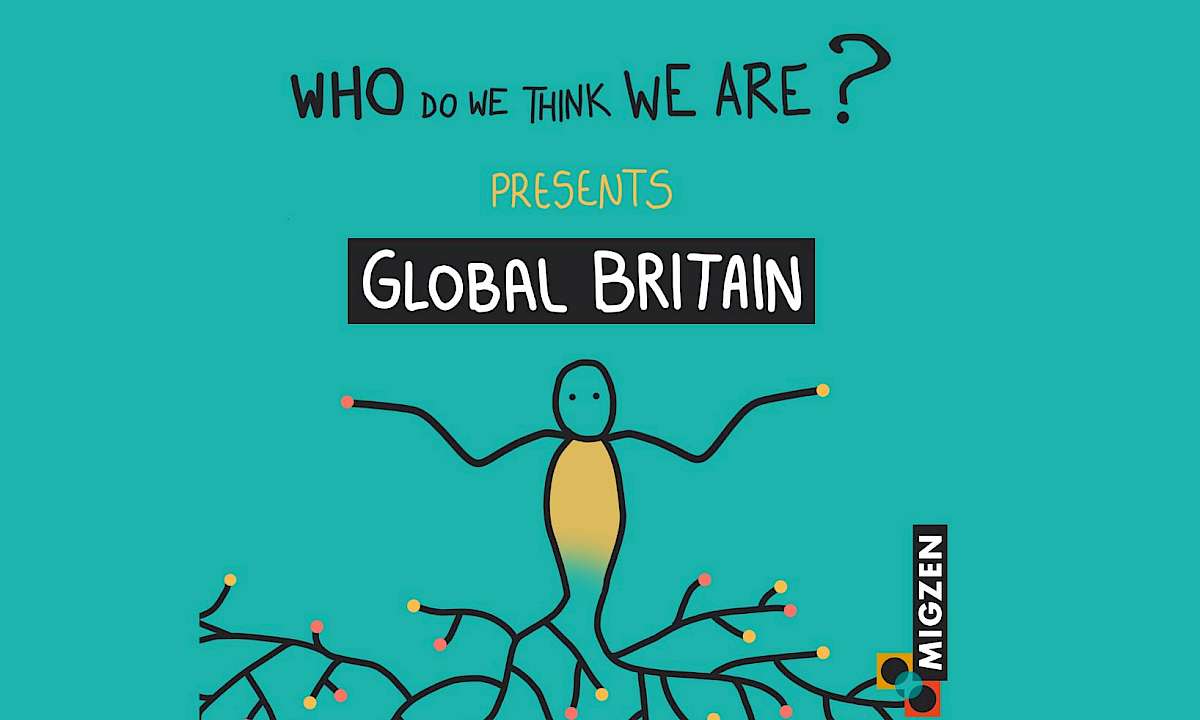
British nationals living in the European Union (EU) and EU nationals resident in the UK have an enduring attachment to the EU and its core values such as freedom, peace and unity - six years after the Brexit referendum, a new MIGZEN Research Brief reveals.
Three quarters of respondents report they are either extremely (36%) or very (39%) attached to the EU. Sentiments are less intense when it comes to their countries of origin and residence, with most feeling only ‘moderate’ attachment.
Brexit brought the end of freedom of movement for these populations, but also redefined their status and rights in their countries of residence. The UK’s departure from the EU also changed their political participation, both formally and informally.
For two thirds of respondents, Brexit gave a shared cause to mobilise around and made the EU a focal point of identification. The responses of two survey participants exemplify the impact of Brexit on how the EU is perceived:
“I didn't really think about it before. It was just there - benign, peaceful and optimistic, holding all the countries of Europe together and providing wonderful opportunities for travel and work. Since Britain left, I feel bereft and also angry at having my EU citizenship removed.“ (British woman living in Ireland, 60s)
“I feel more European than Italian. I have always believed in Europe, but after Brexit and all its consequences, my support and sense of belonging has grown a lot more.” (Italian citizen living in the UK, non-binary, 40s)
Researchers at the Universities of Birmingham and Lancaster found that Brexit motivated changes in both formal political participation and active citizenship among respondents, but questions remain over how this might be sustained in the longer term given the changing context and political agenda.
Dr Catherine Craven, co-author of the report, explains:
“The survey shows that people want a say in how their lives are governed, even if their lives span across national boundaries. Brexit has amplified the gap between desires and opportunities for civic engagement and participation beyond borders.”
The report ‘European Belongings and Political Participation after Brexit’ written by Michaela Benson, Catherine Craven and Nando Sigona, draws on 1,919 responses to the survey ‘Migration and Citizenship after Brexit’.
How to cite:
Benson, M., Craven, C., and Sigona, N. (2022) European Belongings and Political Participation beyond Brexit, MIGZEN Research Briefing 4. [Online] https://doi.org/10.5281/zenodo.7070702








